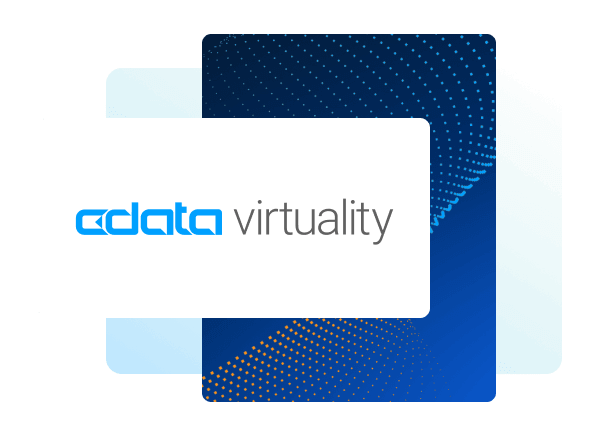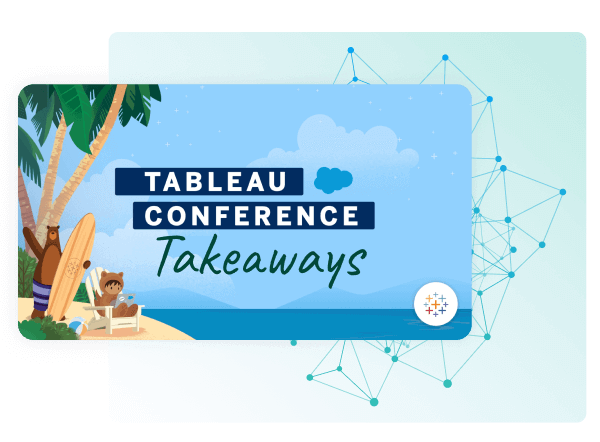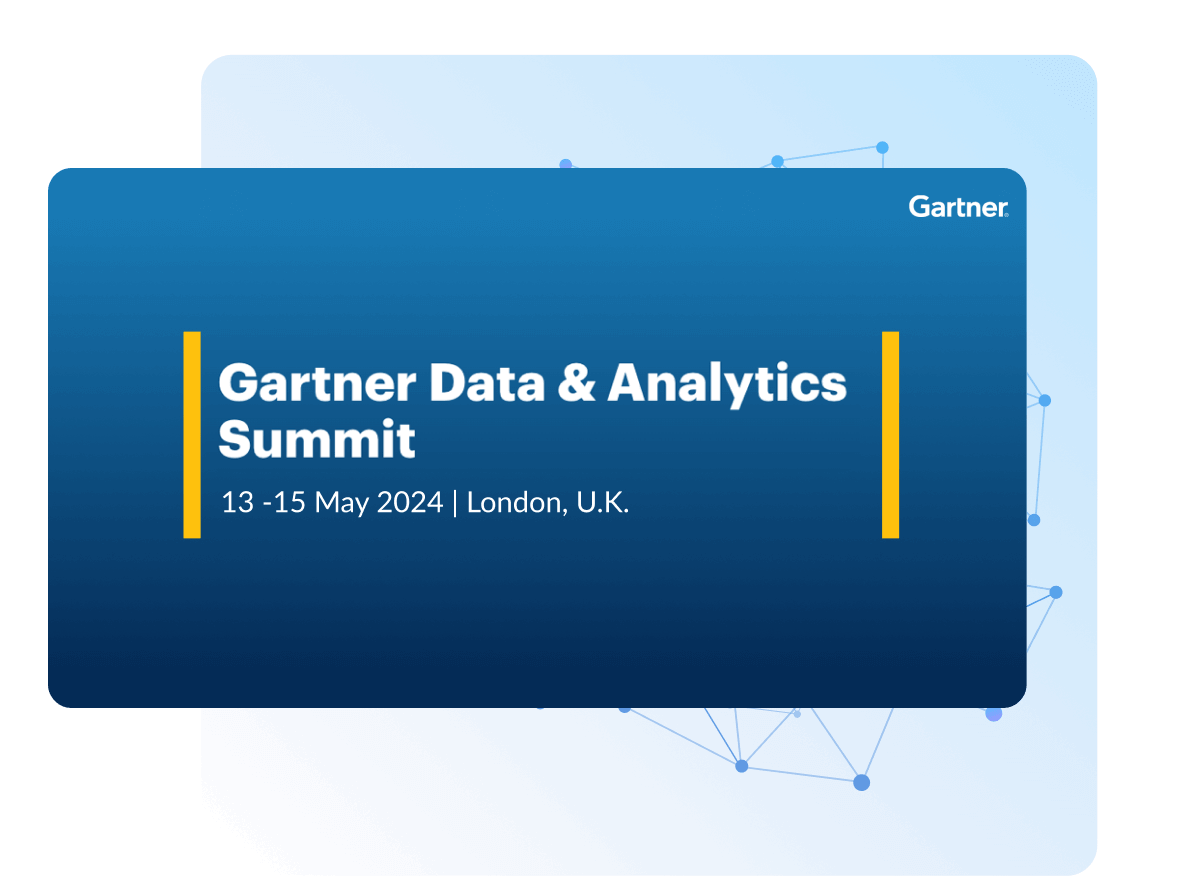Discover how a bimodal integration strategy can address the major data management challenges facing your organization today.
Get the Report →CData Software - Knowledge Base
Latest Articles
- Replicate Data from Multiple Files in an Amazon S3 Bucket Using CData Sync
- Replicate Data from Multiple Local Files Using CData Sync
- Driver Guide: Marketing Analytics Predefined Reports
- Displaying Data from Related Tables Using Angular with Connect Server
- Deploying CData Sync in a Kubernetes Environment
- Excel Add-In Getting Started Guide
Latest KB Entries
- Jetty Security Notice Overview
- Upsert Salesforce Data Using External Id in SSIS
- NuGet Repository Overview
- SAP Drivers Overview
- Embedded Web Server (.NET) - Potential Medium Security Vulnerability
- Configuring Incremental Replication in CData Sync
ODBC Drivers
- [ article ] Standards-Based Access to NoSQL Data Sources
- [ article ] A Comparison of JDBC & ODBC Drivers for Amazon ...
- [ article ] Use the CData ODBC Driver for NetSuite in ...
- [ article ] Connecting to ODBC Data Sources in Google Apps ...
JDBC Drivers
- [ article ] Use SQL with the CData JDBC Driver for Twitter to ...
- [ article ] A Performance Comparison of Drivers for MongoDB
- [ article ] Use the CData JDBC Drivers to Create New Data ...
- [ article ] Google BigQuery: Million Row Challenge
SSIS Components
- [ article ] Deploy CData SSIS Components on Azure Data Factory
- [ article ] Access SAP Tables and SAP Queries using CData SAP ...
- [ article ] Create CRM Accounts from QuickBooks Customers
- [ kb ] SSIS Components: The PerformUpgrade Method Failed
ADO.NET Providers
- [ article ] Standards-Based Access to NoSQL Data Sources
- [ article ] Connect SharePoint to SQL Server through SSIS
- [ article ] A Performance Comparison of Drivers for ...
- [ article ] Access SAP Tables and SAP Queries using CData SAP ...
BizTalk Adapters
- [ article ] Configuring a Receive Location for the CData ...
- [ article ] How to Generate Updategrams with the CData BizTalk ...
- [ article ] Tutorial: Create and Process Updategrams with the ...
- [ article ] Configure a Solicit-Response Send Port for the ...
Excel Add-Ins
- [ kb ] Access QuickBooks Custom Fields in Excel
- [ article ] Video: Connecting with MongoDB Data from Microsoft ...
- [ article ] Excel Spreadsheet Automation with the CDATAQUERY ...
- [ article ] Bill an Invoice with the CData Excel Add-In for ...
API Server
- [ article ] API Server Overview
- [ article ] Building Dynamic React Apps with Database Data
- [ article ] Access Salesforce Data in SharePoint External ...
- [ article ] Launch the CData Sync AMI on Amazon Web Services
Data Sync
- [ article ] CData Sync - History Mode
- [ article ] Use CData Sync to Replicate Data to Amazon S3
- [ article ] Configuring Oracle Autonomous Database as a CData ...
- [ article ] Launch the CData Sync AMI on Amazon Web Services
Windows PowerShell
- [ article ] Import QuickBooks Online Data to QuickBooks ...
- [ article ] Query Google Calendars, Contacts, and Documents ...
- [ article ] PowerShell Cmdlets Getting Started Guide
- [ article ] Start and Stop Windows Services Using the CData ...






